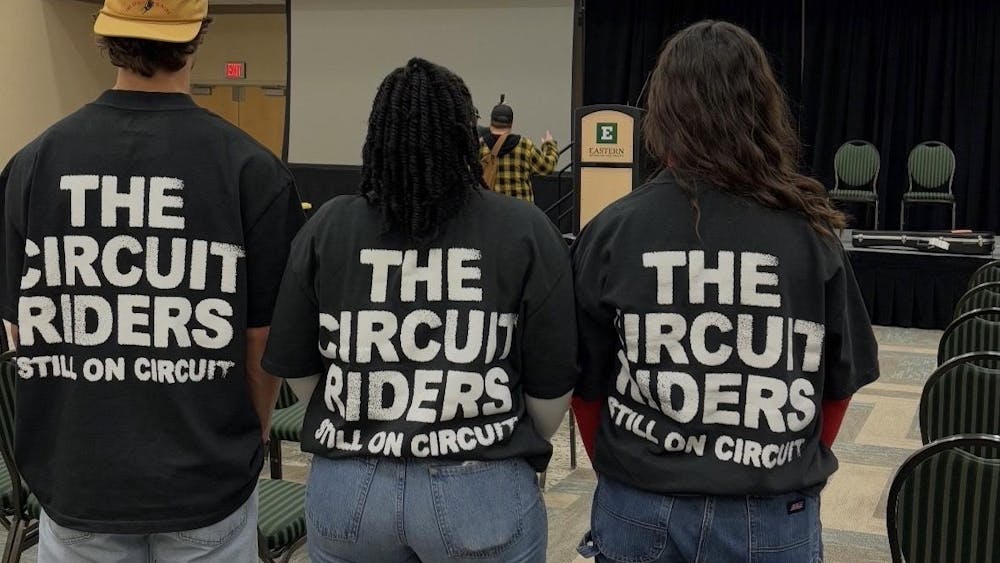Following his Republican primary victory in Kentucky, Dr. Rand Paul’s more Libertarian views have come under increased scrutiny. Rachel Maddow’s interview of Dr. Paul questioned him extensively about his feelings regarding the Civil Rights Act of 1964. His answers were intelligent and nuanced, but his adamancy that the government shouldn’t intrude into the private sector, even in the face of discriminatory policy, drew criticism.
Michael Steele was quoted saying, “I think in this case, Rand Paul’s philosophy got in the way of reality,” and New York Times columnist Ross Douthat wrote, “he was too proud to acknowledge the limits of ideology and to admit that a principle can be pushed too far.”
Contrary to what these quotes may indicate, the problem with Libertarianism as articulated by its most vocal proponents is not found in the gap between ideology and reality. The problem with Libertarianism is found in the ideology itself.
The idea that personal rights can be bestowed to “the people” collectively is false, and the tendency to treat private enterprise as a monolith which the government can intrude upon or leave unbothered undermines the notion of the individual freedom it’s supposed to extol. By acting as if private business is not the sum of private businesses, the Libertarian philosophy is offensive to the individual, regardless of its advocacy for it.
But if Dr. Paul is wrong in his philosophy, his critics who attack him are guilty of far more. When they criticize a man for allegiance to his belief system, they celebrate the Machiavellianism of the average politician. I see no hope for a democracy where elected officials are viewed as being defective for remaining accountable to their own principles.
I wondered how Joe Biden could say on “Meet the Press” while campaigning that he believed life starts at conception but “for me to impose that judgment on everyone else who is equally and maybe even more devout than I am seems to me is inappropriate in a pluralistic society.”
Intuitively, it seems to me imposing one’s judgment is more or less the only thing an elected official does, but perhaps that is seeing things with too much idealism.
It remains extraordinarily easy and pervasively common for politicians to create a barrier between what they consider their personal beliefs and what they profess should be publicly incorporated. Thus, they adhere dogmatically to whatever political platform they ally themselves with and marginalize those outside it.
I ask, though, how can anyone ask for a moral government when ideas are not judged on their own merit but on how far removed they are from the “mainstream?” The “mainstream,” of course, is any prevailing platform which is currently contributing to the 20-30 percent favorability ratings of Congress.
So I return to Dr. Paul, whom I think is wrong but admirable, and his critics who are just wrong. It’s doubtful anyone reading this will be voting for or against Dr. Paul, but the implications of his election are surely relevant. If we write him off as crazy or out of touch with the common citizen rather than honestly examining what he says, then we reinforce the status quo which is, sadly, at odds with hope and change.








